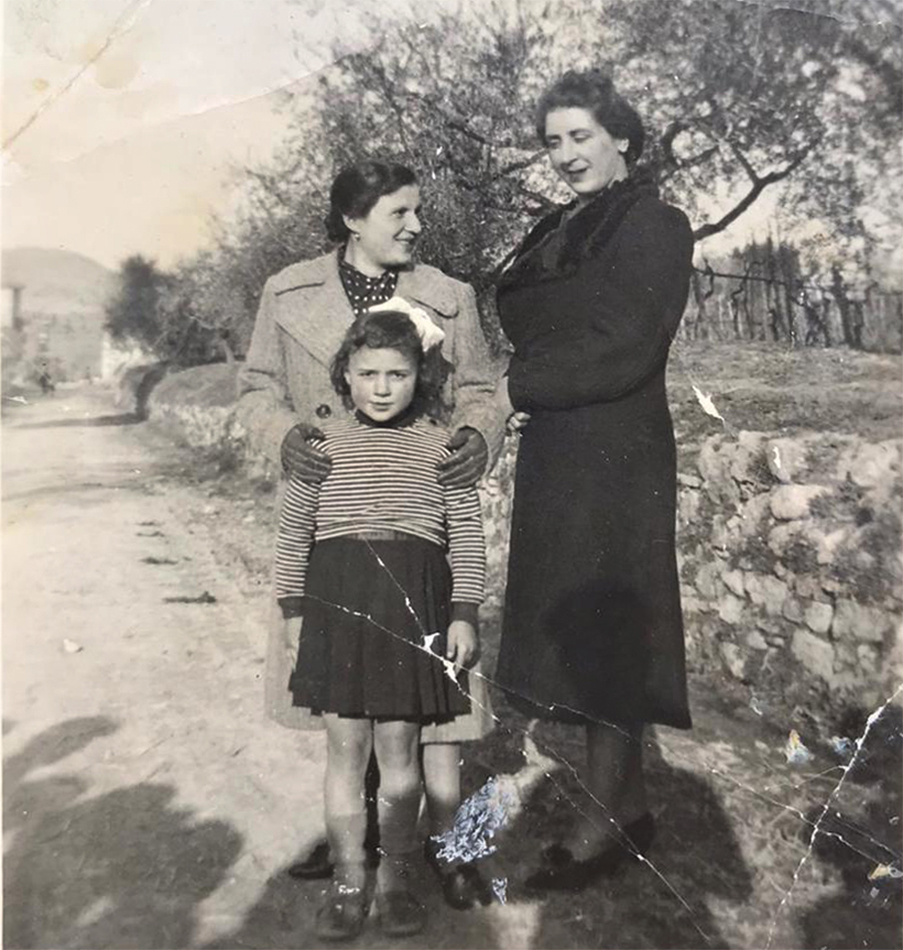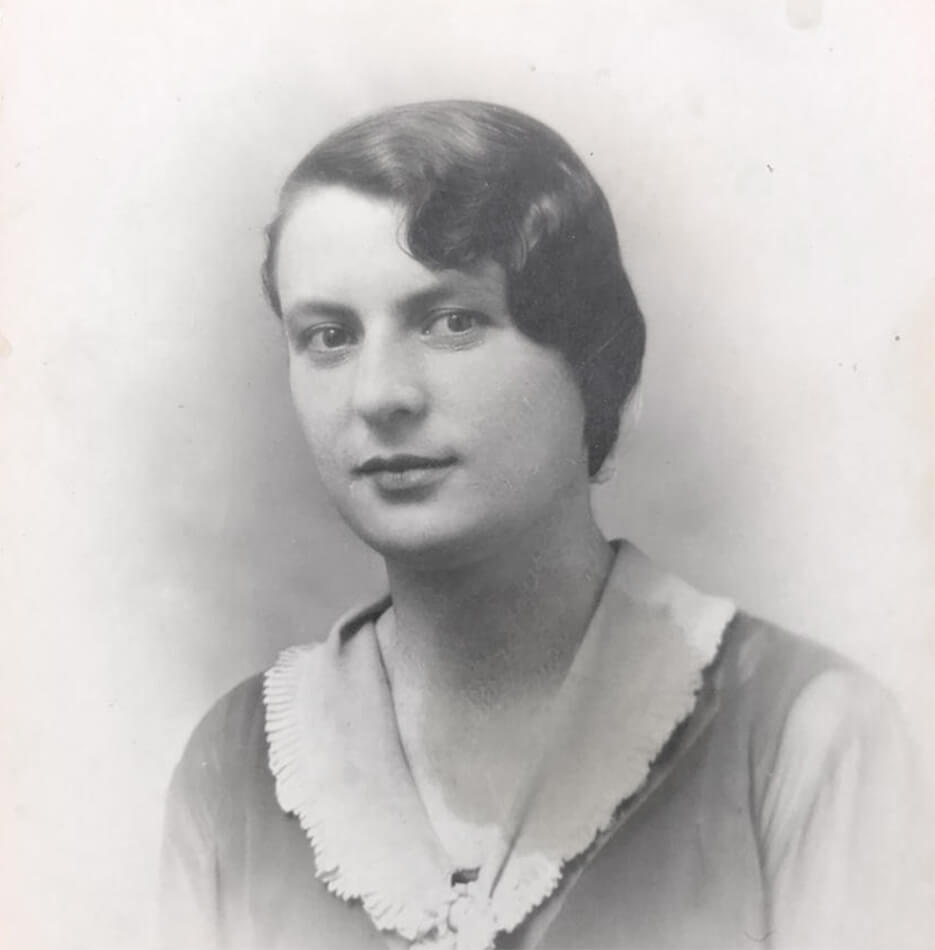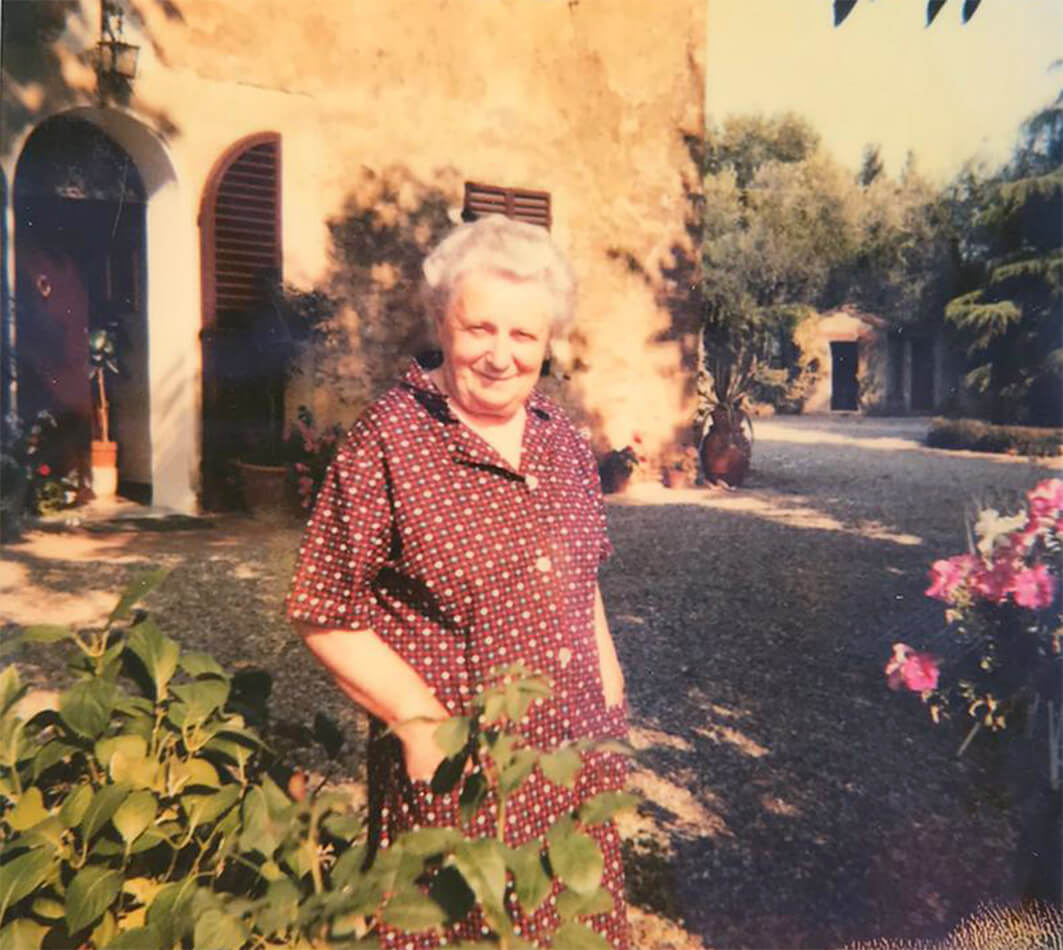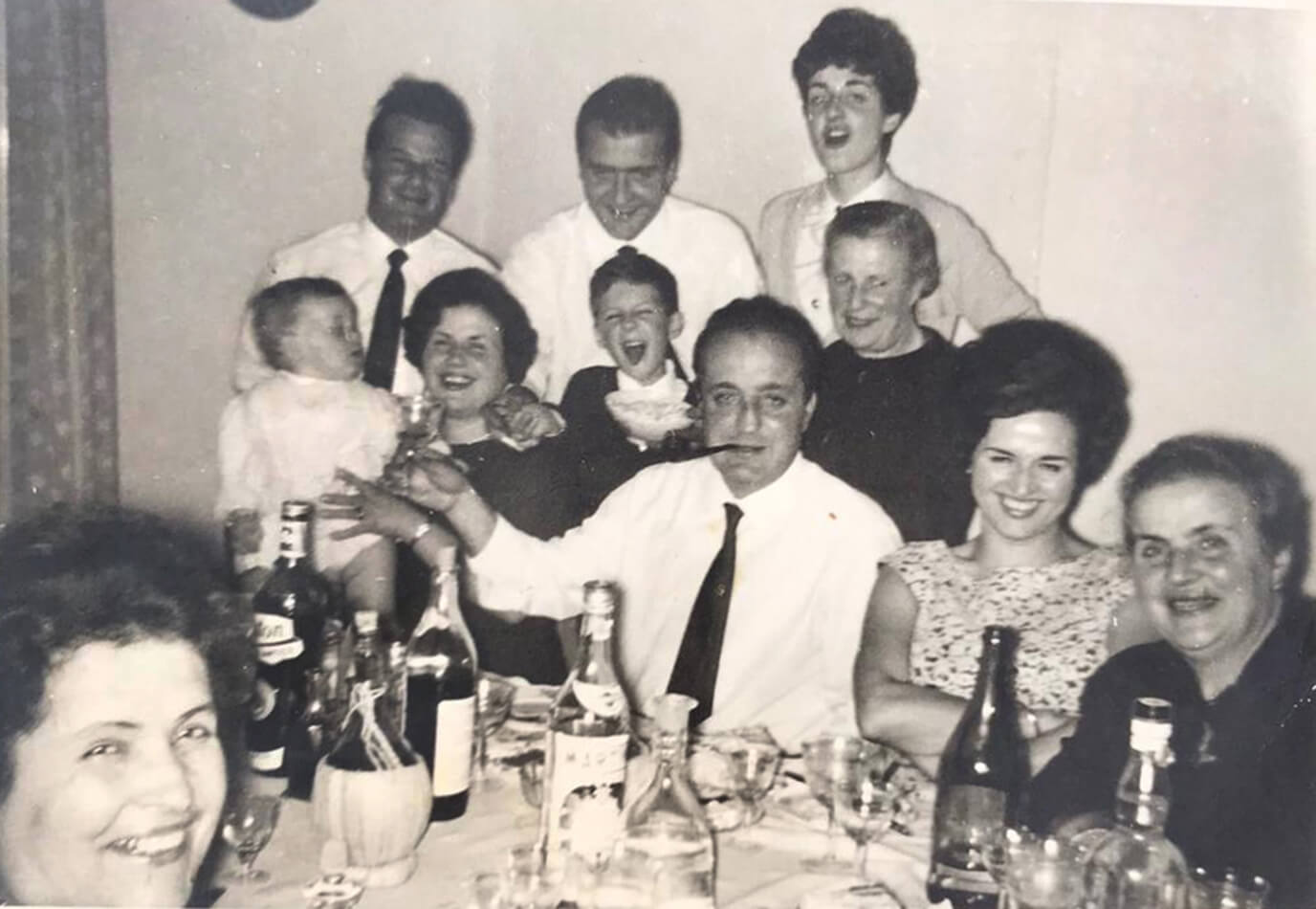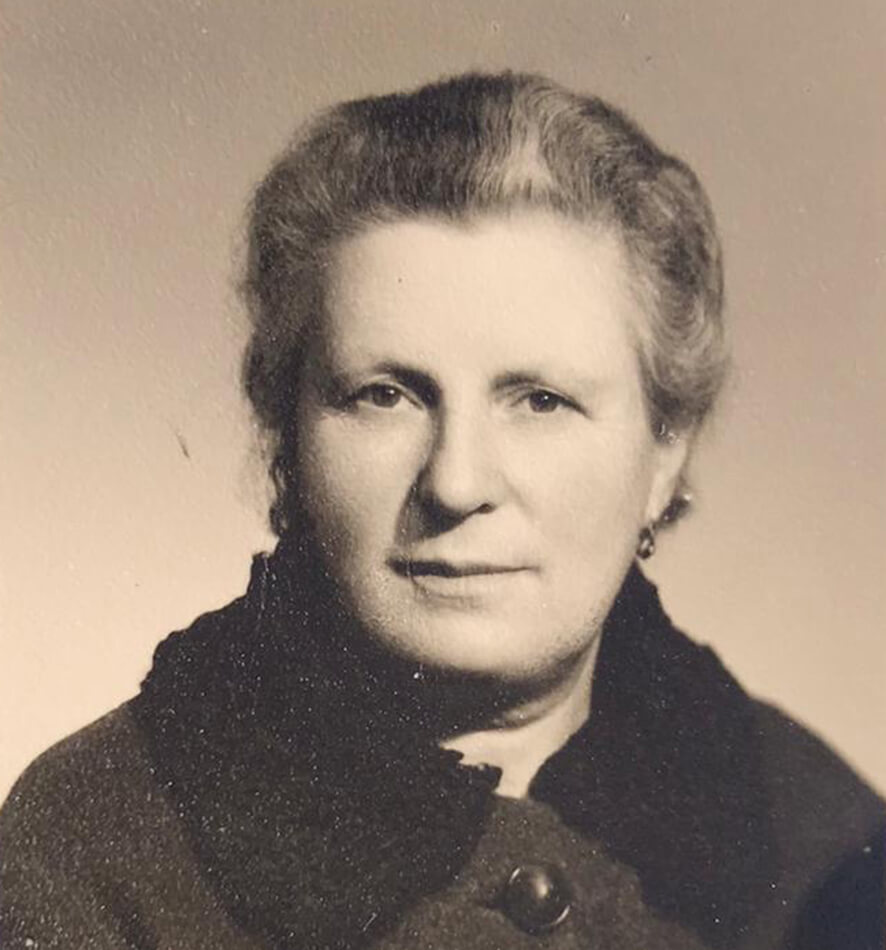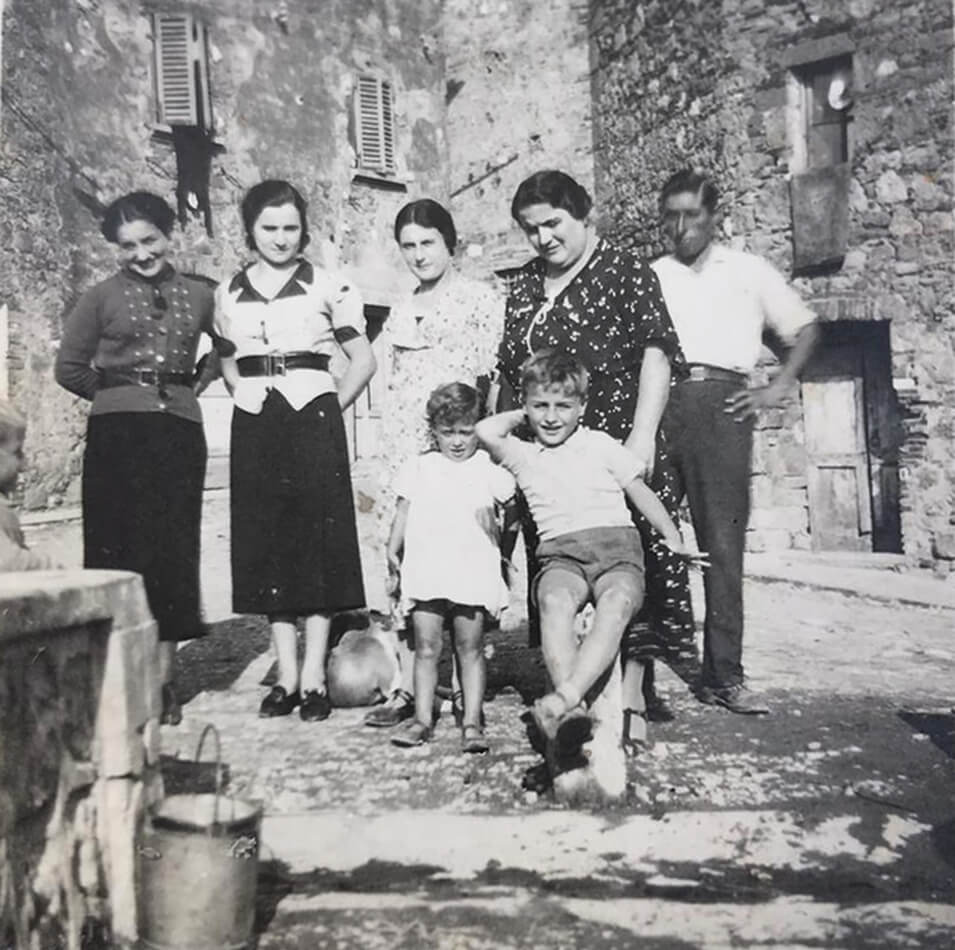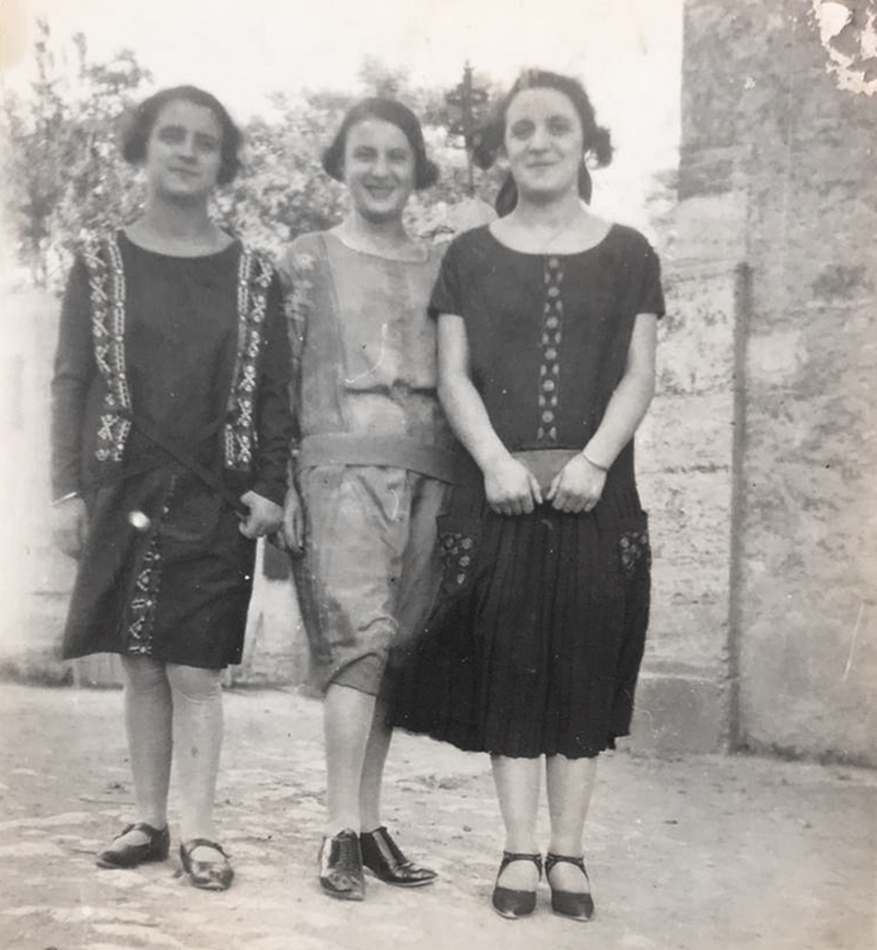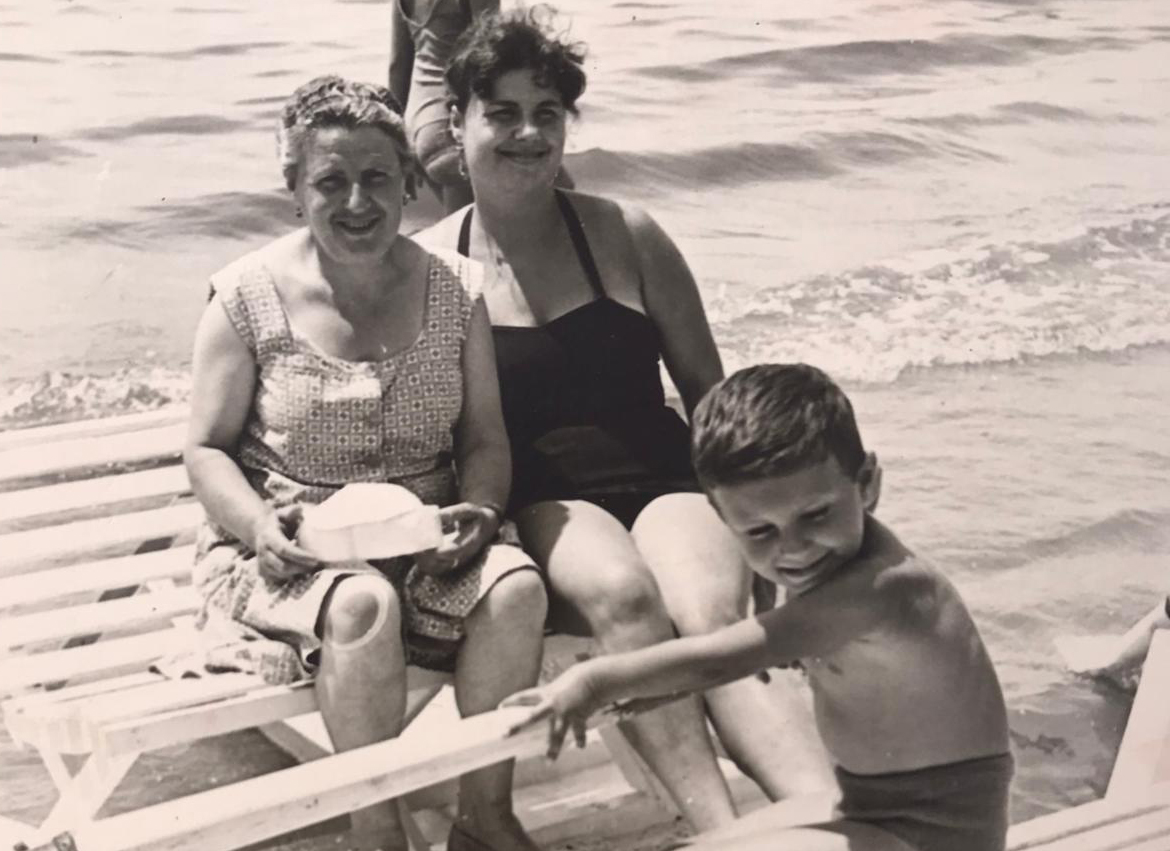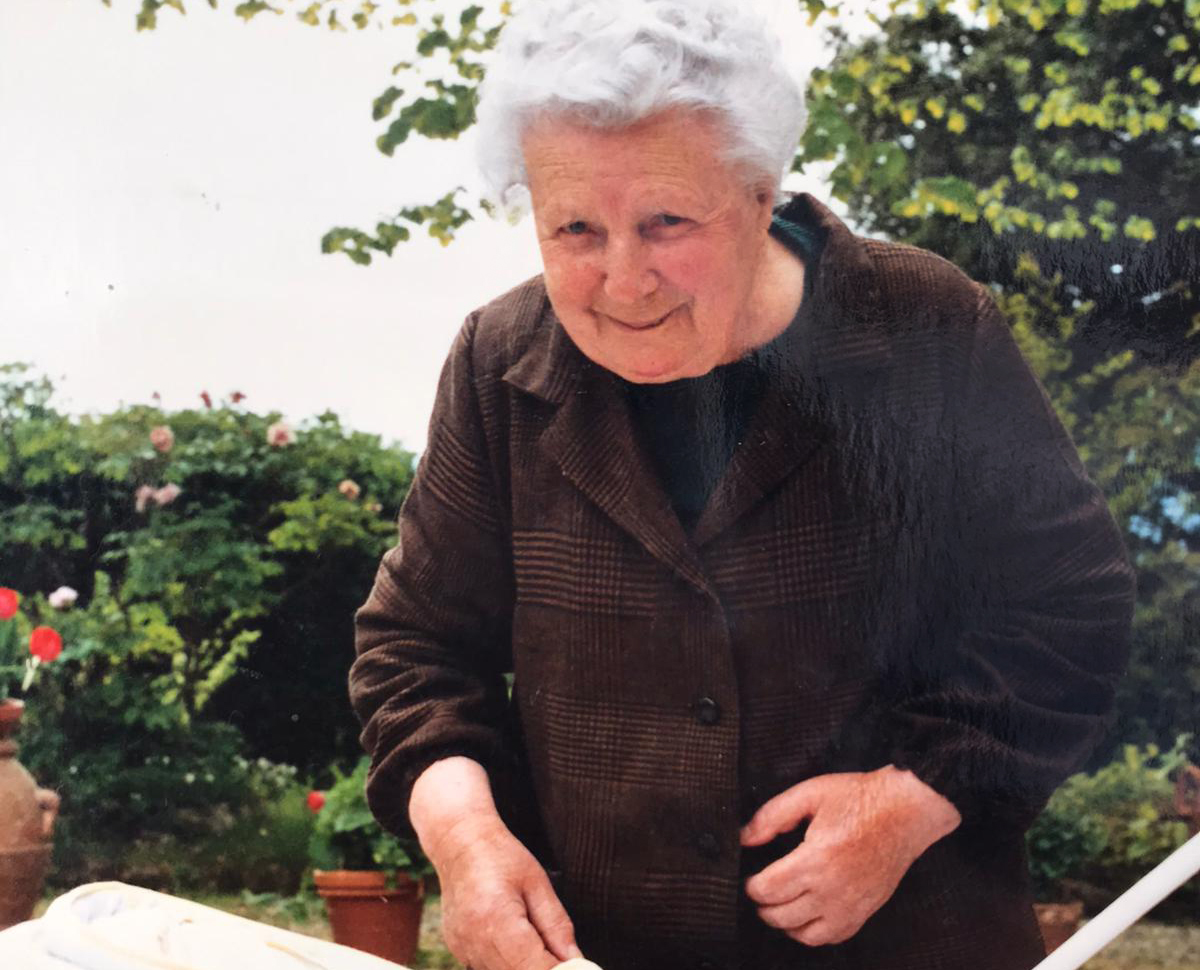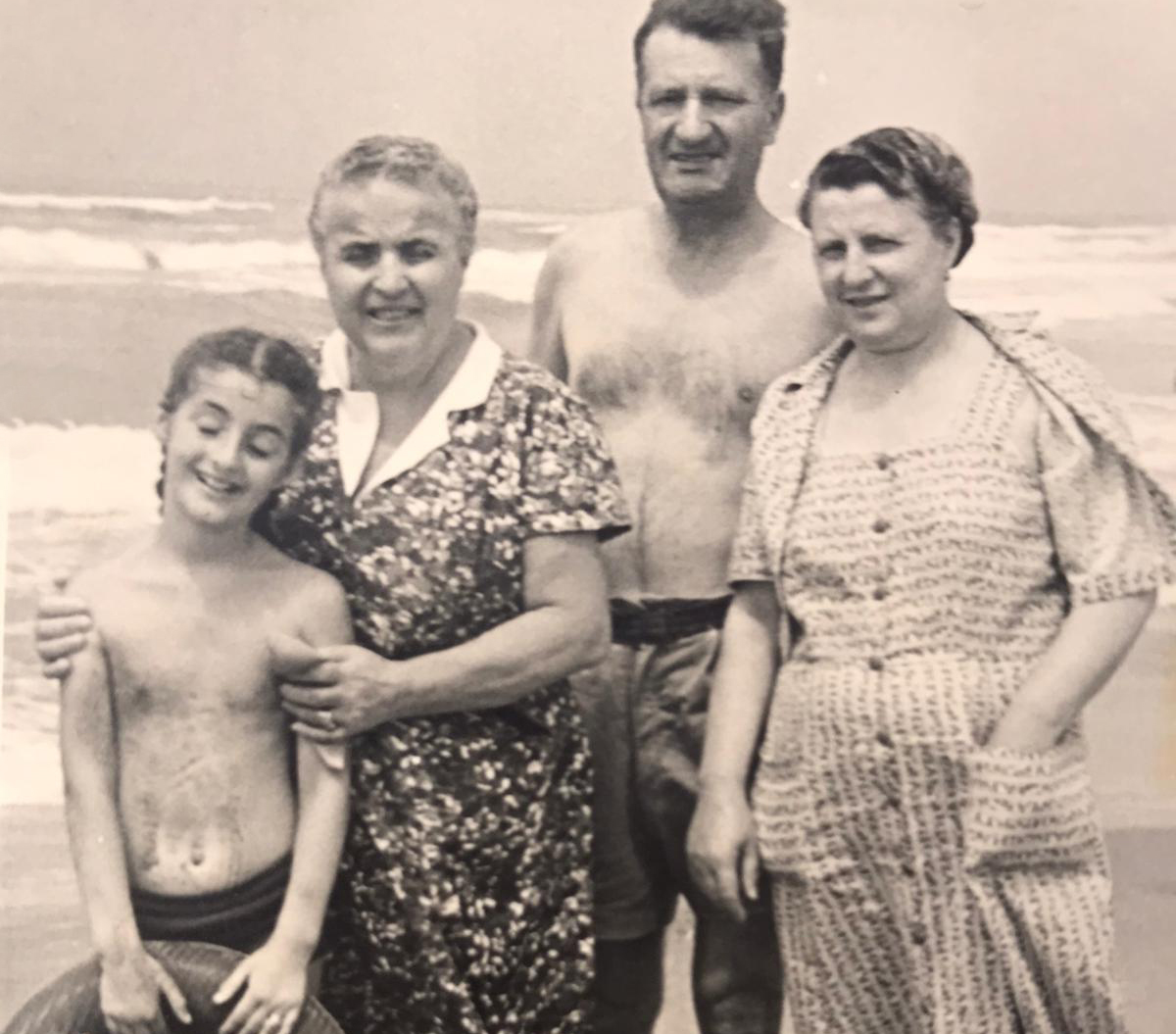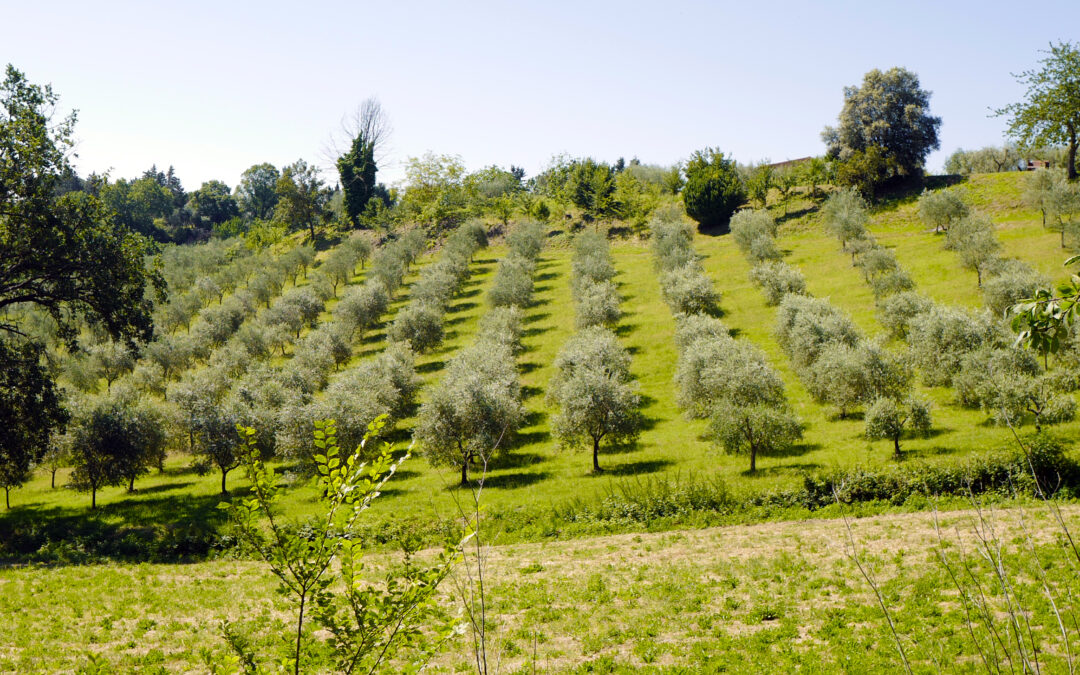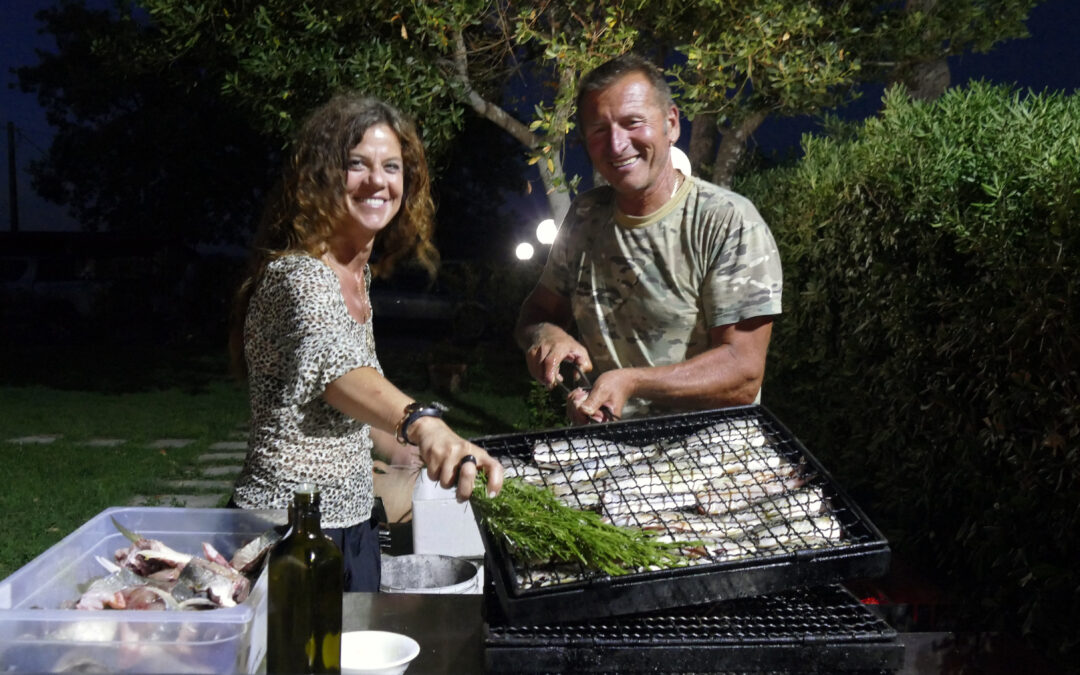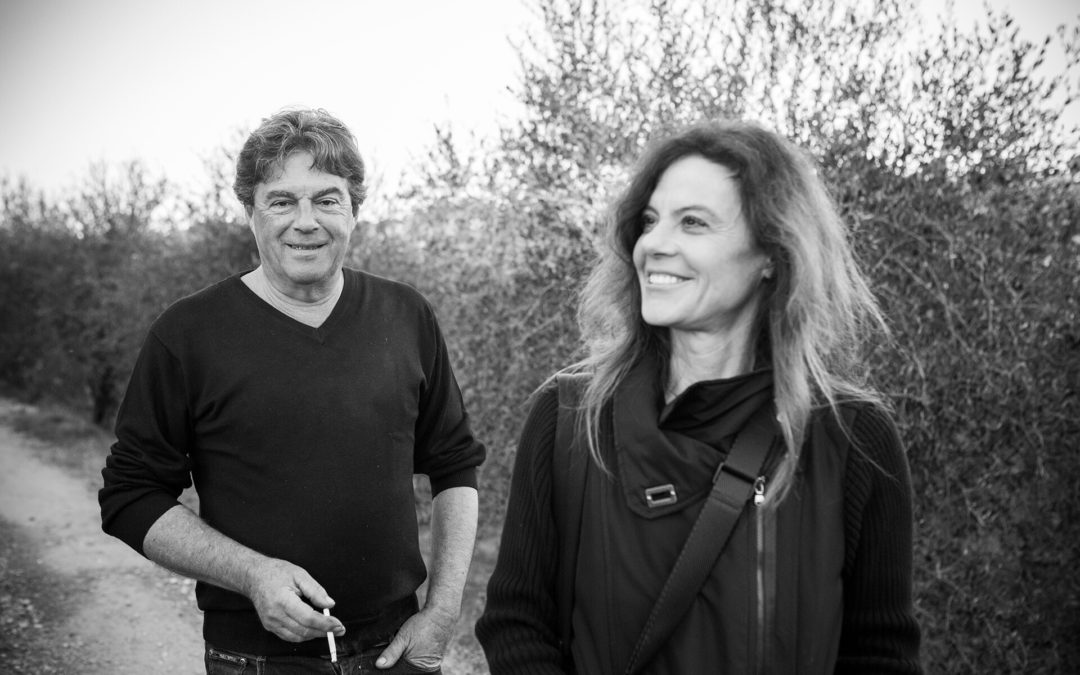NONNA Docet.
Nonna Maria was born in 1905, and though she earned a diploma as a school teacher, she never set foot in a classroom. She was a highly intelligent woman with a strong business sense, always bossing around her daughter, my poor mom, until the end of her days at the age of ninety. Grandmother lived with us and, luckily enough, she got on very well with my dad—an exception to the stereotypical image of the annoying mother-in-law (la suocera) ridiculed in so many Italian jokes.
Nonna Maria was always multitasking, the first one up in the morning to make us coffee. If I close my eyes, I can still smell that sublime aroma passing from room to room, an altogether different experience of waking up to the harsh hammering of an alarm clock. Granny was constantly gardening and taking care of the farmyard animals, talking to me about school and teaching me a few words in Latin and French.
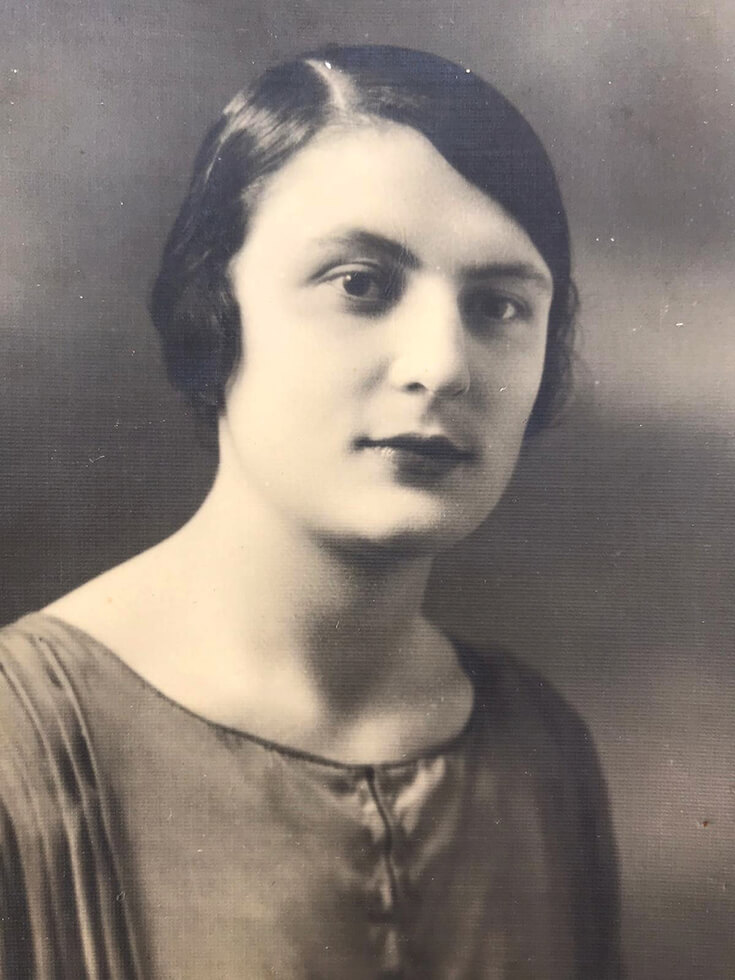
Nonna Maria was born in 1905, and though she earned a diploma as a school teacher, she never set foot in a classroom.
However, what bonded me to her most powerfully were her formidable skills as a master chef, one of those natural cooks capable of creating divine dishes from just a few simple ingredients.
She instilled in me a passion for cooking at a very young age. Watching her make the best pappa al pomodoro, minestra di ceci, ravioli ricotta, spinaci, carciofi alla romana, and other dishes from a seemingly endless repertoire was an inspiration.
There was nothing she couldn’t create in the kitchen. She dispensed with cookbooks and simply drew on her experience, intuition, and fantasy. Saturdays were normally dedicated to pasta-making.
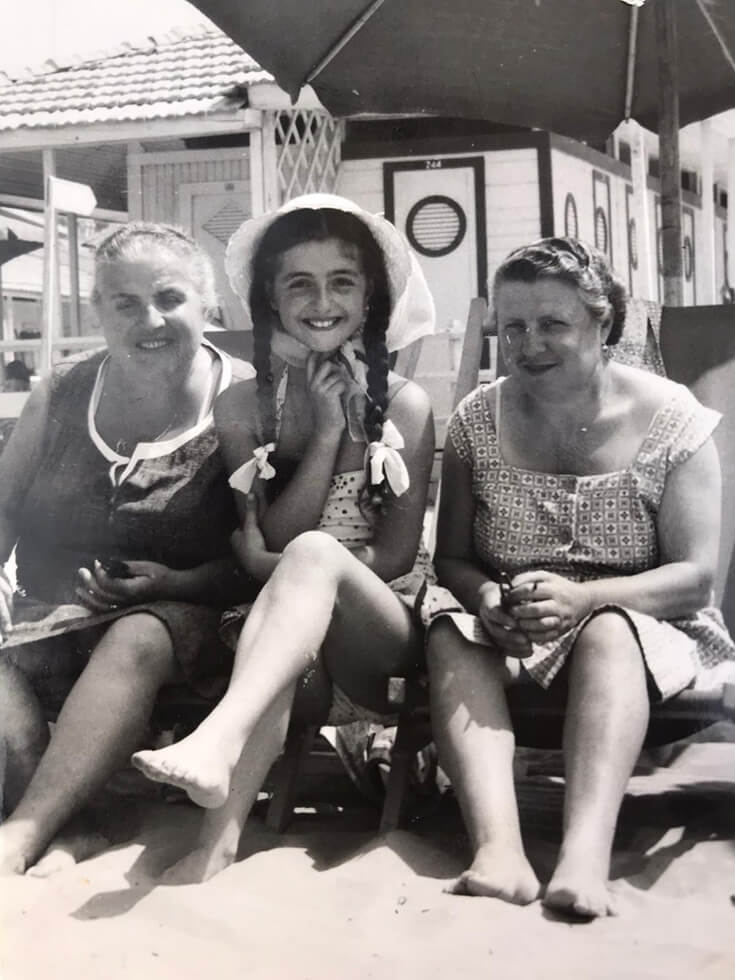
I was totally fascinated by the way Granny, using just her hands and a wooden rolling pin, could transform eggs, flour, oil, salt and water into long or short foils of pasta and then cut la sfoglia, rolled over on itself, into different sizes of pasta.
The extra-large cut of pasta was for lasagne, better known in my family as pastalforno; the large tagliatelle or maccheroni for the meat ragu; the medium-sized tagliatelle for tomatoes and vegetable sauces; and, finally, the thin tagliolini, broth for Sunday’s evening soup. In Italy, most recipes can be prepared for lunch and dinner, but in my family, the noodle soup was prepared, Granny-style, and served only at dinnertime, especially during the holidays, when a “light” supper offset the day’s earlier culinary extravaganza.
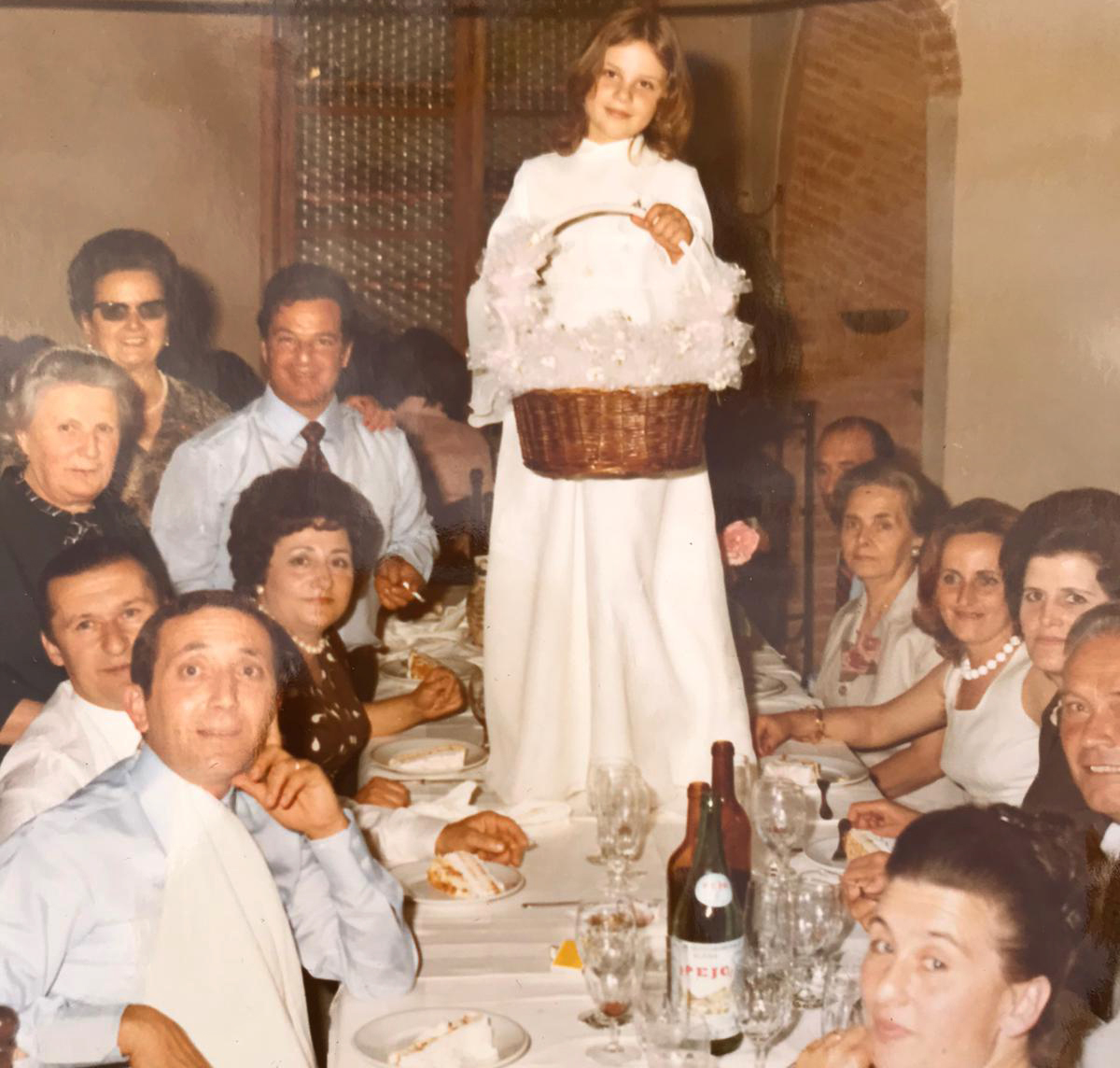
I vividly remember Sunday winter evenings when everyone sat around the table, saddened that the weekend was drawing to an end. Then Maria would appear from the kitchen carrying a big steaming pot and, like magic, our spirits immediately brightened.
A good broth seemed to be the perfect cure for all sorts ailments, physical and otherwise. To make the best broth, it is essential to select the right meats, and my grandmother preferred a big piece of beef near the bone, beef tongue and some chicken, all boiled together with the classic odori: onion, carrot, celery, parsley, potato and a few cherry tomatoes to add some color.
Boiled meat in Tuscany is called lesso, and it can be served as a second course after the soup, accompanied by verdure sott’olio and the traditional salsa verde, a green sauce made with garlic, parsley, boiled egg, anchovies, and bread crumbs soaked in vinegar, all dressed with olive oil.
Nonna Maria had formidable skills as a master chef, one of those natural cooks capable of creating divine dishes from just a few simple ingredients.
Eating home-cooked meals together remains a critical, irreplaceable pillar of family life that allows us to preserve the memories of our ancestors. Food is not simply nutrition; it is pleasure. Cooking is an act of love, a moment of sharing comfort and warmth. When we invite people to dinner, friendship achieves a form of greater intimacy.
I am heartened to see that the phenomenon of eating out and ordering in, widespread in New York City, where I now live, hasn’t significantly changed my family’s food philosophy. I might spend the whole day seeking my ideal Tuscan ingredients, but the atmosphere in my home is always convivial. And Nonna’s recipes brought everyone, young and old alike, into perfect harmony.

